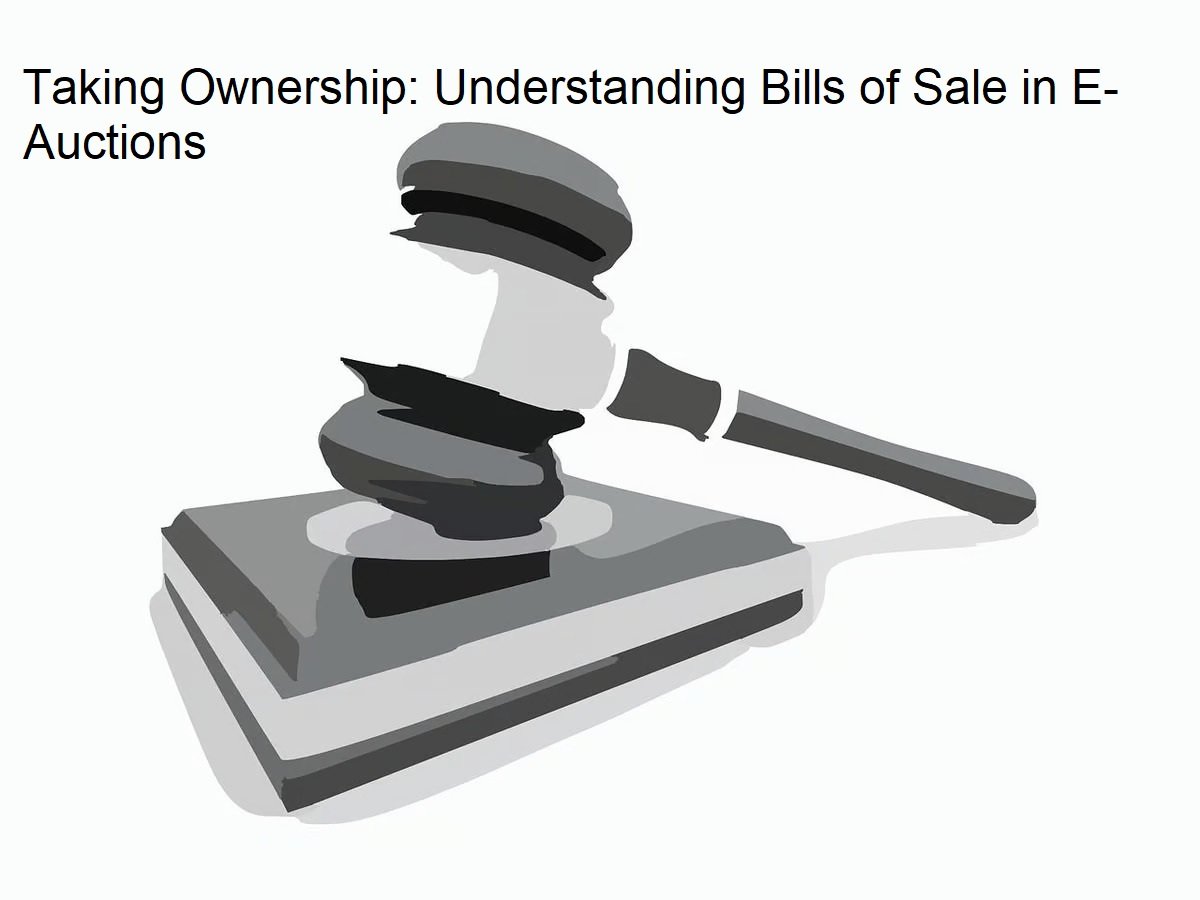Extension of OTS – The One Time Settlement (OTS) allows for an extension of time, granted at the discretion of the High Court through its powers under Article 226 of the Constitution of India. This extension pertains to the completion of payment under the OTS scheme.
Facts of the Case:
The petitioner and his brother operated two proprietary firms, both of which had taken a loan from DCB Bank in 2013, initially amounting to Rs. 67 Lakh and later enhanced to Rs. 95 Lakh in 2015. The petitioner acted as a personal guarantor, mortgaging his property for the credit facility. The loan turned into a Non-Performing Asset (NPA) on 01.12.2018 due to delayed EMIs, leading to the issuance of notices under the SARFAESI Act.
The petitioner submitted an OTS proposal on 22.08.2019, backed by a Demand Draft (DD) of Rs. 10 Lakh. Despite the encashment of the DD, the proposal was rejected. Subsequently, a joint settlement proposal was made on 18.06.2020, offering Rs. 75.32 Lakh, which was also rejected. A revised proposal on 16.07.2020 offering Rs. 85 Lakh was accepted, and the OTS was payable in three installments.
By 30.09.2020, the petitioner paid Rs. 49 Lakhs but faced difficulties in raising the remaining Rs. 36 Lakh due to delays in the property purchaser's payment, attributed to the COVID-19 impact on business. The petitioner's request for a 90-day extension was unanswered by the bank. Consequently, the petitioner filed a writ petition seeking direction for the acceptance of the balance amount.
Contentions of the Petitioner:
The petitioner argued for an extension, citing the substantial payment of Rs. 49 Lakhs already made and the unavoidable circumstances leading to the unpaid balance. A Fixed Deposit of Rs. 36 Lakh was deposited in Punjab and Sindh Bank on 25.03.2021. Legal judgments and the RBI circulars supporting delayed OTS payments were presented as supporting arguments.
Contentions of the Respondents:
The respondents argued against the maintainability of the writ petition, claiming the petitioner's failure to exhaust the remedy under Section 17 of the SARFAESI Act. They asserted that the OTS lapsed due to the petitioner's non-compliance with obligations, leading to the bank's refusal to accept the balance amount.
Observations Made By the Court:
The court recognized DCB Bank as a Scheduled Bank governed by the RBI's guidelines. It emphasized the statutory binding of RBI guidelines on scheduled banks. The court, relying on precedent, affirmed the RBI's authority to formulate policies binding on banks. It highlighted the High Court's power under Article 226 to extend the OTS period, subject to specified conditions.
High Courts Are Empowered To Extend The OTS Period:
Referring to previous judgments, the court established that High Courts, under Article 226, could extend the OTS period with adherence to specific guidelines. While acknowledging that OTS isn't inflexible, the court emphasized deserving borrowers' consideration for extension, subject to conditions like the short duration of OTS, substantial payments made, non-payment due to uncontrollable circumstances, and reasonable time demanded by the borrower.
Banks Cannot Blindly Reject The Request For An Extension:
The court dismissed the respondent's claim that the court lacked the power to grant an extension. It clarified that, while not an absolute right, the court possessed the power to grant extensions, emphasizing the need for banks to judiciously consider extension requests in alignment with the borrower's justifiable circumstances.
Section 17 Of The SARFAESI Act Is Not An Alternate Remedy:
The court rejected the respondent's assertion of an alternate remedy under Section 17 of the SARFAESI Act. It clarified that the remedy under Section 17 was inapplicable in cases where measures for secured debt recovery had not been initiated.
Grounds Considered By the Bench for Granting Extension:
The court considered the petitioner's substantial payment, bona fide intent, and the genuine reasons for the delay. It acknowledged the common knowledge of difficulties faced during the COVID-19 pandemic and economic slowdown. The court was satisfied that the petitioner's case aligned with the established parameters for an extension.
Decision of the Court:
The court allowed the writ petition, directing the petitioner to deposit Rs. 36 Lakh plus interest within ten days. The respondents were instructed to adjust this amount against the OTS sanctioned on 25.07.2020 and release any securities to the petitioner.
In conclusion, the court's decision underscores the High Court's authority to extend OTS periods, emphasizing considerations for deserving borrowers and the obligation of banks to judiciously evaluate extension requests in light of justifiable circumstances.



